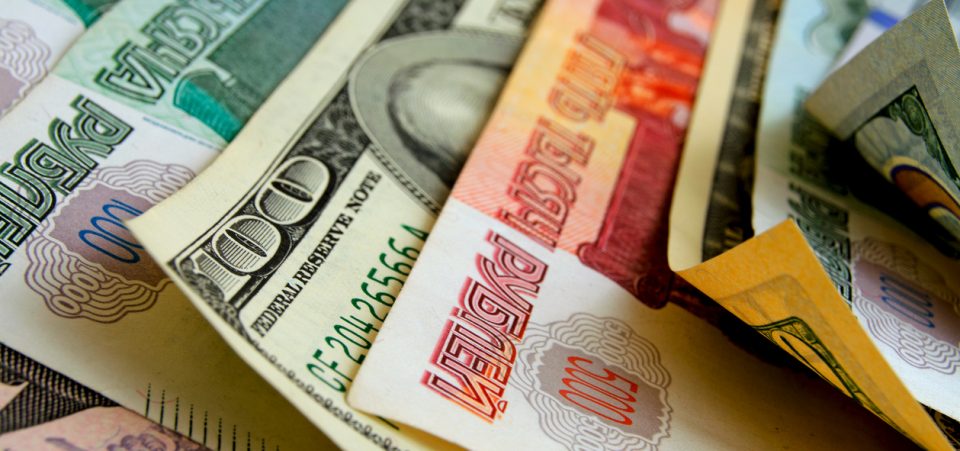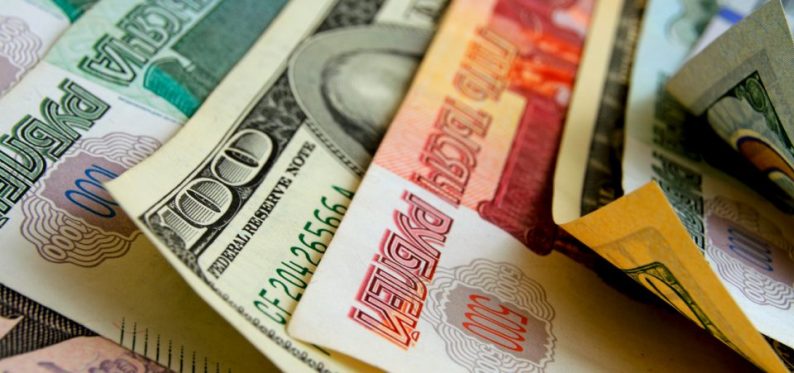
iStock/Rrraum
The New Cold War Will Increase Military Spending and Debt, Causing a U.S. Dollar Collapse
To understand the renewed “cold war” between the United States and its allies with Russia, look no further than the possibility–or the probability–of a U.S. dollar collapse.
The U.S. dollar remains the world’s dominant currency. Countries–even those that don’t enjoy a particularly stellar relationships with the U.S., like China–with the U.S. use the dollar to buy oil and precious metals. The end of the gold standard and the shelving of the Bretton-Woods accords were designed to advance the U.S. dollar.
It allowed the U.S. to print as much of its currency as it liked, sustaining a huge military and a similarly large public debt. That’s the essence of the “petrodollar.” The quantitative easing that allowed Wall Street to pull its way out, or at least sweep the damage under the carpet, from the ruins of the 2008 financial crisis would not have been possible without the petrodollar system.
Emerging economic powers like China and Russia, however, are disrupting the petrodollar system. The euro, while trading at some 1.2 times the value of the dollar, remains a rival currency, but only in the financial and economic spheres.
The West has isolated China and Russia, among others, geopolitically in the past few years. These powers are paying the price for their obstinacy to resist the influence of the Euro-Atlantic pact (NATO, for example). However, the West, Washington and London especially, have pushed too far. This is what’s going to lead to a U.S. dollar collapse.
Washington, and the Obama administration (but any other president would have done the same) in particular, took many of the decisions concerning the U.S. economy with a specific aim of prolonging American domination of the global economy. The result was an artificial supporting of a financial system, which the U.S. dollar can no longer sustain.
The most recent efforts of certain emerging military and economic powers to reduce their reliance on the dollar go back to 2012. That’s when Iran and Venezuela, as well as Russia and North Korea, were forced to seek alternative ways to function in the global economic system. (Source: “Economic Collapse and Dollar Hegemony – How Did This Start?,” The Strategic Culture Foundation, January 26, 2018.)









Leave A Comment